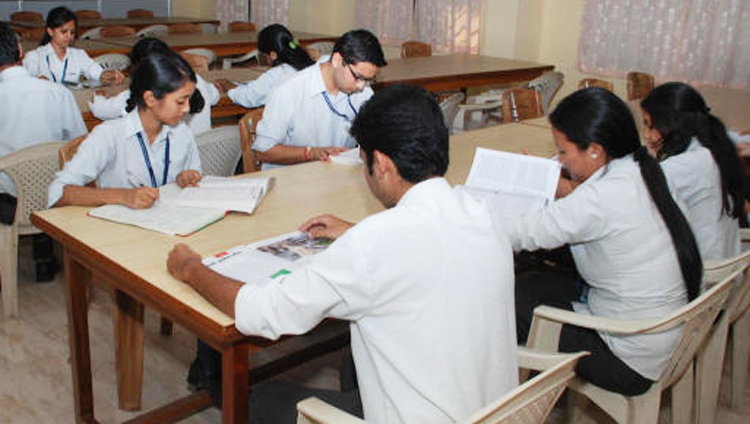It’s been a few months till now, and there’s no way of knowing when they’ll reopen. The educational industry is at a crossroads. As time passes and no fast solution to the Covid-19 epidemic emerges, school cancellations will have both immediate and long-term effects.
These closures have had an impact on the structure of education and learning, including teaching and evaluation practises.
Heavy Impact On Primary Education

Issues with connectivity and resources: Many students from rural areas and those from economically disadvantaged backgrounds are finding it difficult to keep up with online education. Only a few private schools are able to use online teaching methods.
On the other hand, their low-income private and public school rivals have totally shut down due to a lack of access to e-learning alternatives. In addition to missing out on learning opportunities, the pupils no longer have access to healthy meals during this time and are experiencing economic and social stress.
The epidemic has also had a considerable impact on higher education, which is a key driver of a country’s economic future. Many teachers and parents are finding it difficult to adjust to the new teaching and learning methods.
Despite the push for a digital India, there has been a lack of persistent push for digitalization of education and teacher preparation to deal with it. In the education sector, technological investment has been pitiful.

Dealing With Challenges
This lockout, along with a change to electronic platforms, can assure a shift away from rote learning in classrooms and toward guided, cooperative learning. Learning that is focused on games or puzzles might aid pique interest.
It should be supplemented by active family participation at home, such as board games or casual discussions. In this hour, increased communication between teachers and parents is critical. Many tech-based services, such as GoPrep, are attempting to make education more interactive and interesting.
These platforms increase the core value of learning and critical thinking through animated films and tech-based AI applications. The goal is to make learning fun for them and instil in them a drive to learn more. The National Council of Educational Research and Training (NCERT) has also created an alternate academic calendar for pupils to stay engaged while at home during the lockdown.

The calendar gives teachers instructions on how to use various technical and social media platforms for delivering education in exciting and interesting ways, which can be used by anyone anywhere.
In partnership with the NCERT, the Ministry of Human Resource Development (MHRD) has established the e-Pathshala web platform and mobile app, which allows students to decipher NCERT chapters.
Following COVID-19, teachers, parents, and administrators will have a greater responsibility to work together to help children overcome the mental effects that the disease and current environment have had on them, as well as to ensure that social distancing, hand washing, and other hygiene activities are practised for much longer periods of time.
Also Read: Most Expensive Schools In India.








